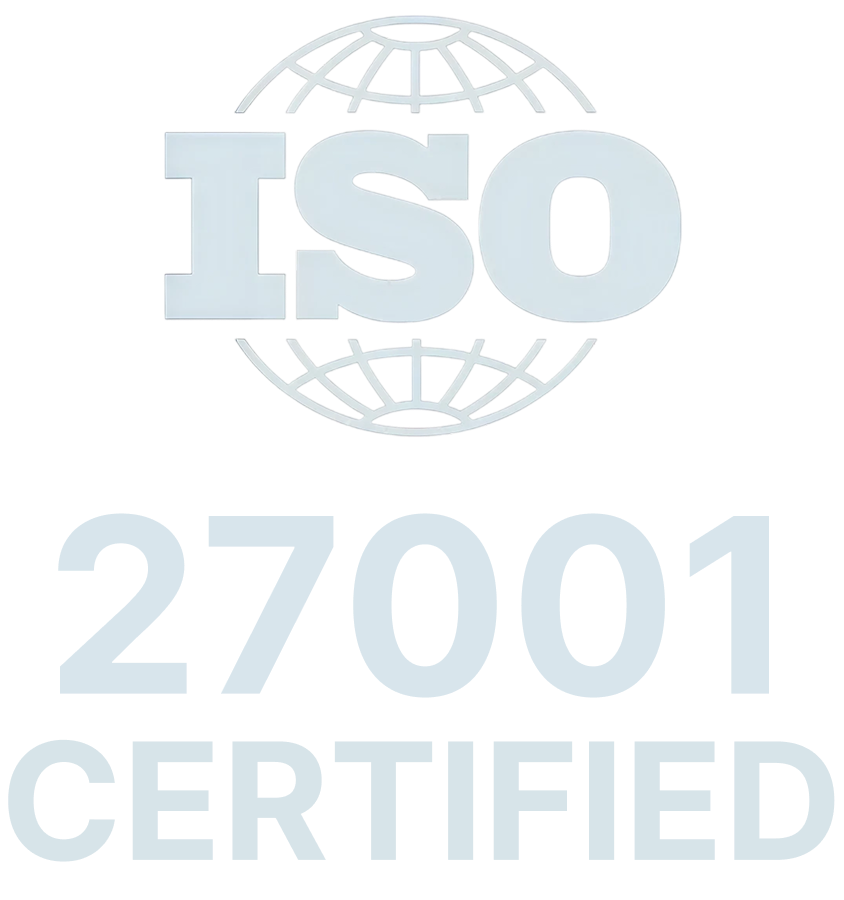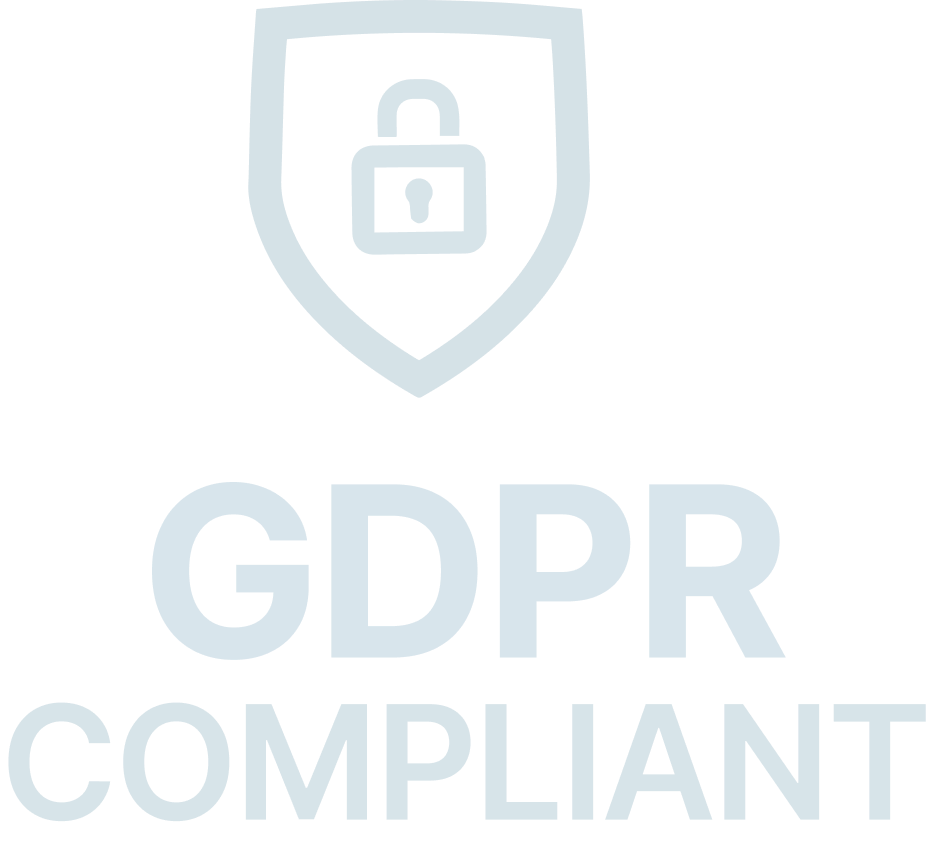Strategic project management is an approach to the purposeful planning, control, and implementation of projects to achieve long-term corporate objectives. It connects a company's strategic direction with project work, enabling efficient use of resources and maximizing project success. Methods such as SWOT analysis, Balanced Scorecard, and portfolio analysis play a significant role. These will be examined in more detail below.
Strategic Project Management - Detail
Strategic project management is a crucial part of corporate management and aims to achieve a company's strategic goals through successful project work. As opposed to operational project management, which focuses on the successful execution of individual projects, strategic project management prioritizes the long-term orientation of the company. It consists of various elements and methods, which will be explained below.
Strategic Goal Setting
The foundation for strategic project management is the establishment of long-term corporate goals. This involves defining the vision, mission, and values of the company and deriving goals for different areas of the business from these. These goals should be SMART, meaning specific, measurable, attractive, realistic, and time-bound.
Project Portfolio Management
In the context of project portfolio management, the various projects of a company are evaluated and prioritized according to their strategic relevance and resource efficiency. Projects are selected based on their importance to the company's strategy and their benefit-risk ratio, and are compiled into a project portfolio. The goal is to optimally distribute resources to the most relevant projects and to utilize synergies between projects.
Methods and Tools
Various methods and tools are used in strategic project management to operationalize strategic goals and successfully implement projects. These include, among others:
- SWOT Analysis: The SWOT analysis is used to identify the strengths, weaknesses, opportunities, and threats of a company or project. It supports the development of strategies and the prioritization of projects.
- Balanced Scorecard: The Balanced Scorecard is a method for measuring and controlling company performance. It combines financial metrics with non-financial indicators, such as customer perspective, internal processes, and learning and growth perspective. This allows for a comprehensive view of company performance and supports the strategic alignment of projects.
- Project Controlling: Project controlling monitors and controls projects in terms of cost, time, and quality. It ensures that projects are in line with strategic directives and assists in the early detection and correction of deviations.
Communication and Leadership
The successful implementation of strategic project management requires clear communication of the company strategy and associated projects to all stakeholders. It's important to clarify the relationships between projects and company strategy and to highlight the significance of individual projects in achieving strategic goals. Additionally, project managers and staff should be trained in the relevant methods and tools and empowered in their roles to ensure successful project execution.
Success Monitoring and Adjustment
A key aspect of strategic project management is the continuous review of goal achievement and, if necessary, the adjustment of strategy and projects. It's essential to systematically analyze the successes and difficulties of projects and to draw insights for future project work and the further development of the company strategy. Regular review and adjustment of project portfolios and the methods and tools used contribute to continuously improving the effectiveness and efficiency of strategic project management.
Conclusion
Strategic project management is an essential component of modern corporate management and contributes to achieving a company's strategic goals through successful project work. It links the long-term orientation of the company with the operational project work, thus enabling efficient use of resources and maximizing project success. Systematic planning, control, and monitoring of projects, as well as the use of appropriate methods and tools, are indispensable.














